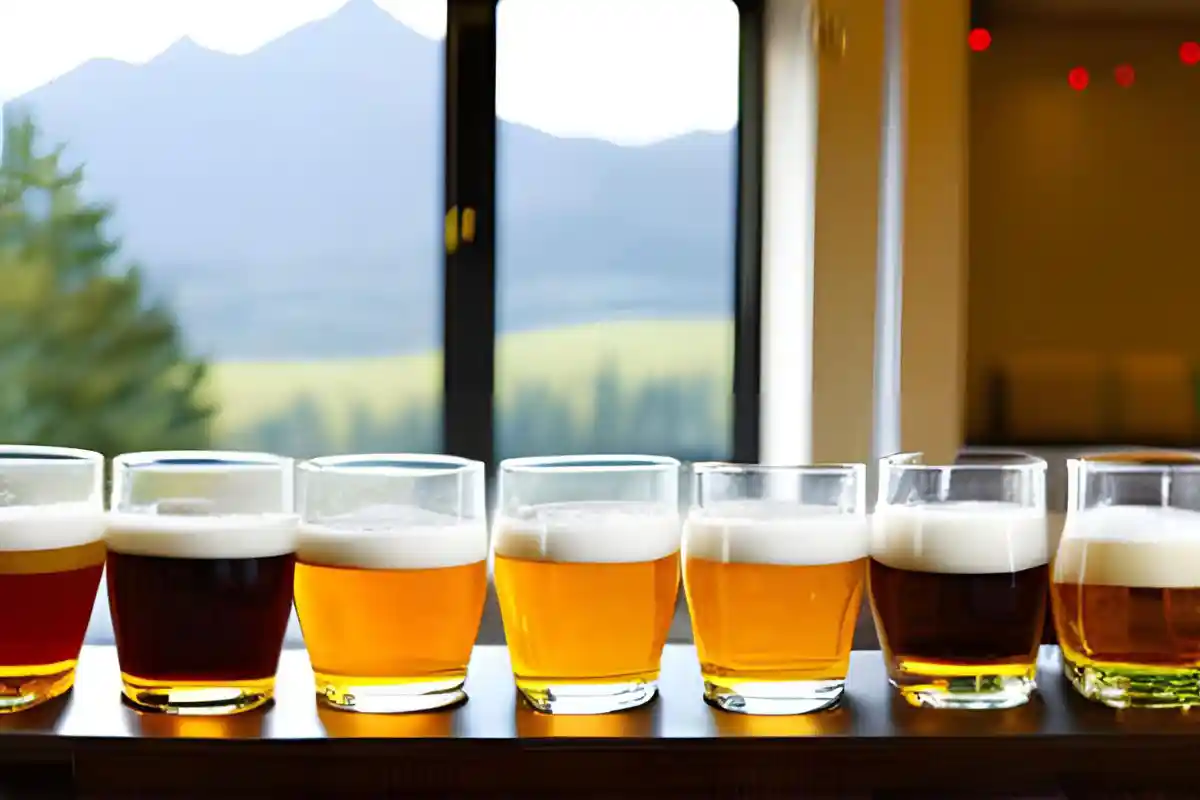From ancient civilizations to modern times, beer has been an integral part of human culture. As a social drink, beer plays a significant role in shaping society, from social bonding to economic growth. In this article, we will explore the cultural significance of beer, its role in history, and how it shapes society today.
Beer has been around for thousands of years and has played a significant role in human history. It has been a staple beverage in many cultures, with evidence of beer-making dating back to ancient civilizations.
Ancient Civilizations
In ancient civilizations, beer was not just a drink but also had religious and cultural significance. The Sumerians and Egyptians brewed beer for their gods and used it in religious ceremonies. The Babylonians had laws regulating the production and distribution of beer, showing its economic importance.
Medieval Europe
In medieval Europe, beer was considered safer to drink than water and was consumed regularly by people of all classes. Monasteries were known for brewing beer, and the introduction of hops in the brewing process in the 14th century revolutionized beer-making.
Industrial Revolution
During the industrial revolution, beer production became more commercialized, leading to the rise of mass-produced beer. The introduction of pasteurization and refrigeration allowed beer to be produced on a larger scale and transported further.
Beer and Social Bonding
Beer is often consumed in social settings, and its consumption has a significant impact on social bonding.
Beer and Festivals
Festivals and celebrations often involve beer, from Oktoberfest in Germany to St. Patrick’s Day in Ireland. These events bring people together and create a sense of community.
Pub Culture
In many countries, pub culture is an essential part of social life. Pubs are places where people gather to socialize and relax, and beer is often at the center of these gatherings.
Beer and Economy
Beer has a significant economic impact, from local craft breweries to beer tourism.
Craft Beer Industry
The craft beer industry has exploded in recent years, with small breweries popping up all over the world. These breweries often focus on unique and high-quality beers, appealing to a niche market.
Beer Tourism
Beer tourism has become a popular way for people to explore new cultures and taste local beers. Breweries and beer festivals attract visitors from around the world, boosting local economies.
The Dark Side of Beer Culture
While beer has many positive aspects, there is also a dark side to its culture.
Binge Drinking
Binge drinking is a prevalent problem in many countries, and beer is often the drink of choice. Excessive drinking can lead to health problems and social issues.
Alcoholism
Alcoholism is a serious problem, and beer is one of the most commonly abused alcoholic beverages. Addiction to beer can have severe consequences for individuals and society as a whole.
Beer and Cultural Identity
Beer plays a significant role in shaping cultural identity, from national and regional identity to pop culture.
National and Regional Identity
Beer is often associated with national and regional identity. For example, German beer is known for its purity laws and quality, while Belgian beer is known for its diversity and complexity. In the United States, beer is often associated with national identity, with Budweiser and Coors being iconic American brands.
Beer in Pop Culture
Beer has also played a significant role in pop culture, from beer commercials to movies and TV shows. Beer brands often sponsor events and sports teams, and their logos and slogans have become well-known symbols.
Conclusion
Beer has been a part of human culture for thousands of years and continues to shape society today. From social bonding to economic growth, beer plays a significant role in many aspects of human life. While there are both positive and negative aspects to its culture, beer remains a beloved and essential part of many cultures around the world.
FAQs
- Is beer really safer to drink than water?
- In ancient times, beer was considered safer to drink than water because the brewing process killed harmful bacteria. However, this is no longer the case with modern water purification methods.
- Can beer tourism really boost local economies?
- Yes, beer tourism has become a significant source of revenue for many cities and regions. Breweries and beer festivals attract visitors from all over the world, leading to increased tourism and economic growth.
- What is the most popular type of beer worldwide?
- The most popular type of beer worldwide is lager, which accounts for over 80% of all beer consumed globally.
- Is binge drinking a problem specific to beer culture?
- Binge drinking is a problem that can occur with any type of alcoholic beverage, not just beer.
- How has the craft beer industry changed the beer market?
- The craft beer industry has led to increased diversity and competition in the beer market, with small breweries offering unique and high-quality beers that appeal to niche markets. This has led to a shift away from mass-produced beers towards more artisanal and local brews.



